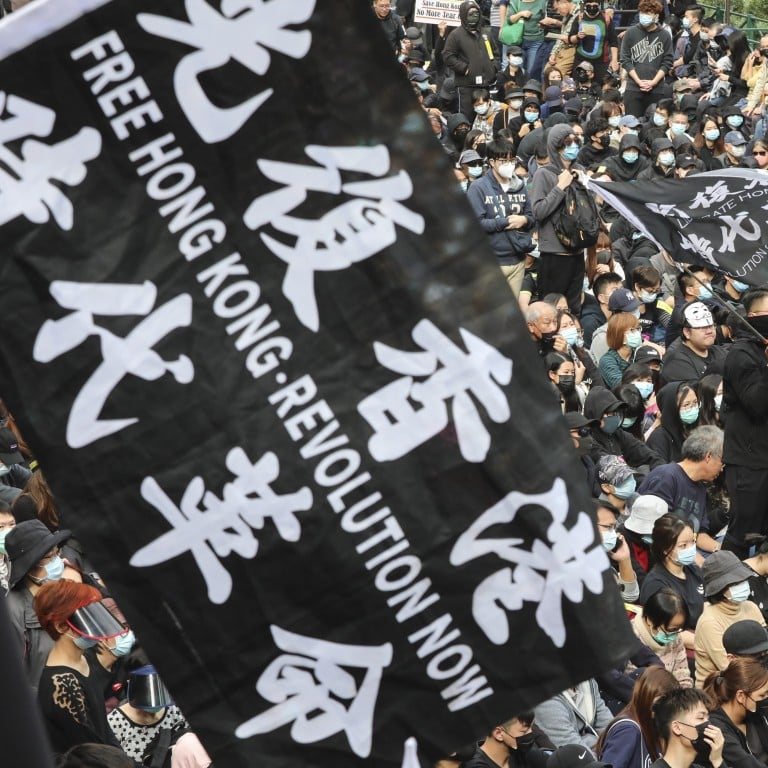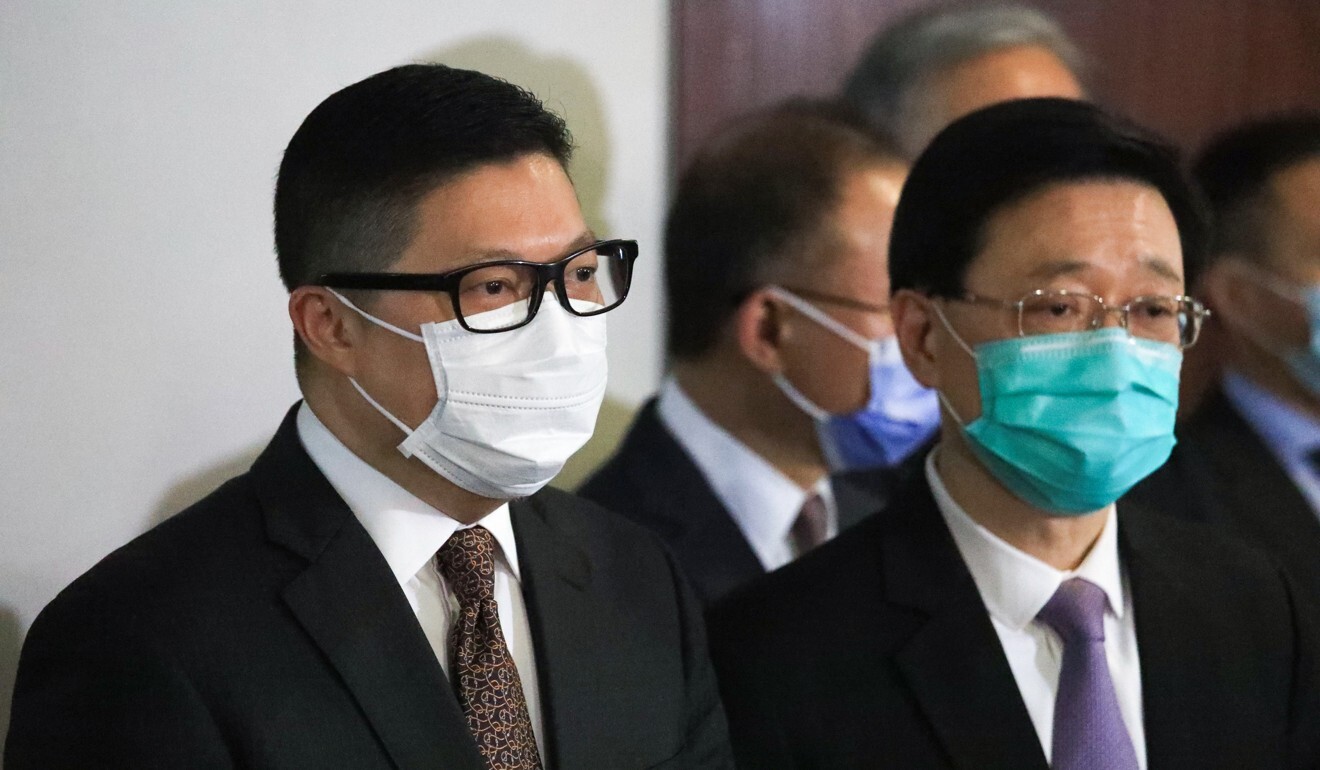
Hong Kong urged to review terrorism and sedition legislation after United Nations experts say they can be used against lawful protests
- Legislation should be brought in line with international treaties that Hong Kong has signed up to, special rapporteurs say
- Security officials look to terrorism laws after discovery of explosives and firearms amid the anti-government protests
Human rights experts from the United Nations have urged the Hong Kong government to review its terrorism and sedition laws, describing their drafting as so broad they can be used to suppress lawful protests and other freedoms.
In a letter to the Chinese delegation in Geneva last Thursday, which was made available to local rights groups on Tuesday, six special rapporteurs said the legislation should be brought in line with the international human rights treaties that apply to Hong Kong.
Security minister John Lee Ka-chiu last week said anti-terrorism legislation could be used to prosecute those involved in the making of explosive devices.
Police to consider using anti-terrorist laws to prosecute bomb suspects
City authorities are looking at using Hong Kong’s United Nations (Anti-Terrorism Measures) Ordinance, passed in 2004 in the wake of the September 11 attacks in the United States.
The ordinance allows for the arrest or freezing of assets of those suspected to be involved in a “terrorist act”, which is defined as, but not limited to, causing serious violence or damage to property or interference with essential services to compel the government or part of the public “for the purpose of advancing a political, religious or ideological cause”.
But the UN experts said that definition of “terrorist acts” went beyond the terms agreed by the UN Security Council under international law, which focused on the targeting of civilians.
They also said the laws were too broad by not introducing exemptions for actions taken during any advocacy, protest, dissent or industrial action.
The special rapporteurs wrote: “We note that imprecise and overly broad definitions of terrorist actions can include actions protected by human rights law, such as peaceful actions to protect … labour rights, minority rights or human rights, and, particularly, the right of association and peaceful assembly.”
They reminded the Hong Kong government that counterterrorism legislation was “not the appropriate mechanism for the restriction of human rights”.
“A state shall not invoke national security as a justification for measures aimed at suppressing opposition or to justify repressive practices against its population,” the letter added.

The Security Bureau told the Post it was studying the correspondence and would respond later.
The letter is the fourth sent to Hong Kong since last June last year from the special rapporteurs, who are independent experts appointed by the UN Human Rights Council.
Meanwhile, the UN experts have also expressed “grave concern” over the broad terms of the criminalisation of seditious speech, and urged the Hong Kong government to bring the legislation in line with human rights standards.
UN experts suggest human rights violations in treatment of first aid volunteers
The UN Human Rights Council made the same observation in 2009, 2013 and last year.
“It has been a long-standing concern of human rights monitors that anti-sedition laws rarely meet the conditions for the lawful restriction of expression … In my view, such laws should generally be repealed,” said Kaye, the rapporteur on freedom of expression.
Police arrested opposition politician Cheng Lai-king in March for the rarely prosecuted offence of sedition, after he shared a Facebook post criticising a police officer.
Help us understand what you are interested in so that we can improve SCMP and provide a better experience for you. We would like to invite you to take this five-minute survey on how you engage with SCMP and the news.

